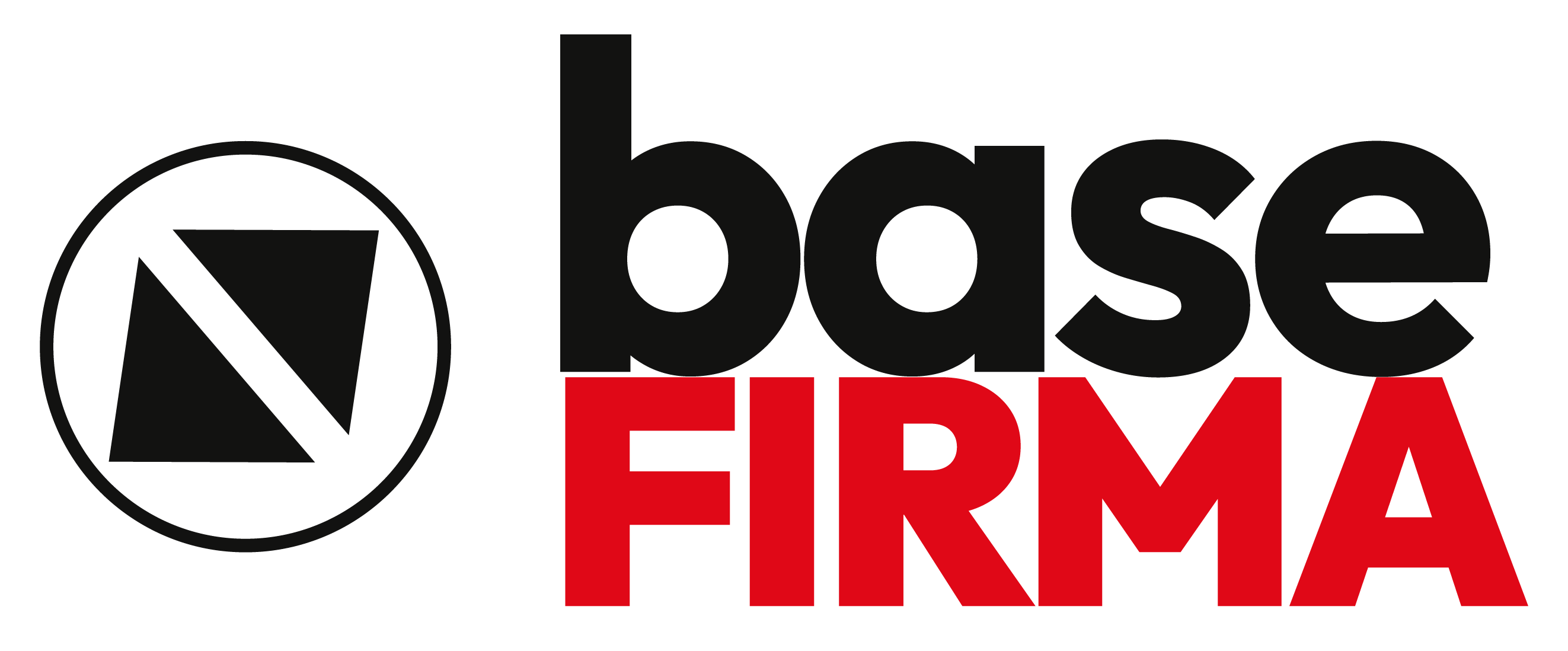Foreign exchange flexibilization, BOPREAL Series 4 issuance, exchange rate floating within bands
On April 11, 2025, the Argentinian Central Bank (BCRA) announced the launch of phase 3 of the Economic Program, with the primary objectives of reducing inflation, increasing monetary predictability, and removing foreign exchange restrictions.
Through Communication “A” 8226, the BCRA initiated the lifting of capital controls on foreign exchange flows, mitigating risks tied to stock imbalances while advancing toward the normalization of the foreign exchange market.
1. End of Controls on Capital Flows
· Foreign exchange restrictions on natural persons have been lifted. The “Impuesto PAIS” surcharge on foreign currency purchases is eliminated (remaining in effect only for tourism and credit card payments). The mandatory holding period (parking) for securities transactions is abolished.
· The “dólar blend” (80/20) scheme for exporters is discontinued. However, deadlines for the settlement of export proceeds through the Official Exchange Market (MULC) remain unchanged.
· Restrictions on foreign trade and profit repatriation have been relaxed:
o Dividend payments; companies are allowed unrestricted access to the MULC for remitting dividends to non-resident shareholders, provided such dividends originate from fiscal years beginning on or after January 1, 2025.
o Goods imports; payments can be made upon customs clearance, replacing the prior 30-day delay.
o Imports of services between related parties; may be paid via the MULC 90 days after the service is rendered (previously 180 days).
o The BCRA removes, on a one-time basis, the 90-day cross restriction for companies that operated in the blue-chip swap market (MEP/CCL1) up to April 11, 2025. For those conducting MEP or CCL operations on or after April 14, the 90-day restriction remains in place before re-accessing the MULC.
2. Addressing Stock Imbalances: BOPREAL Series 4
As part of this broader strategy, the Central Bank has approved Series 4 of the Bonds for the Reconstruction of a Free Argentina (BOPREAL), with an issuance of up to USD 3 billion. These instruments aim to provide an orderly mechanism for companies to settle outstanding foreign obligations.
Eligible companies include those with:
· Commercial debts accumulated as of December 12, 2023;
· Retained earnings or dividends from fiscal years through December 2024;
· Financial liabilities with related parties abroad.
Key terms of BOPREAL Series 4:
· Denominated in U.S. dollars, subscribed in Argentinian pesos at the official exchange rate (per Communication A 3500);
· 3% annual yield in U.S. dollars, with semi-annual interest payments;
· Single bullet repayment in October 2028;
· Up to USD 1 billion may be used to pay taxes and customs duties, as defined by the Argentinian tax administration (ARCA);
· The first auction is scheduled for mid-May, with successive rounds to follow.
3. Exchange Rate Regime: Floating Within Moving Bands
The official exchange rate will fluctuate between ARS 1,000 and ARS 1,400, with a monthly band adjustment of -1% (floor) and +1% (ceiling).
If the rate falls below the floor (ARS 1,000 -1% monthly), the BCRA will purchase U.S. dollars to defend the floor and build reserves. These interventions will not be sterilized.
If the rate exceeds the ceiling (ARS 1,400 +1% monthly), the BCRA will sell U.S. dollars to contain appreciation and reduce monetary liabilities. Again, intervention will not be sterilized.
Within the band: the exchange rate will float freely, although the BCRA may intervene as needed to meet macroeconomic goals or smooth excessive volatility.
We invite you to a meeting to discuss how these new measures can be applied to your company.
Andrés Stante: andres.stante@basefirma.com
Melisa Gómez: melisa.gomez@basefirma.com
Diego Bello: comercio.exterior@basefirma.com
